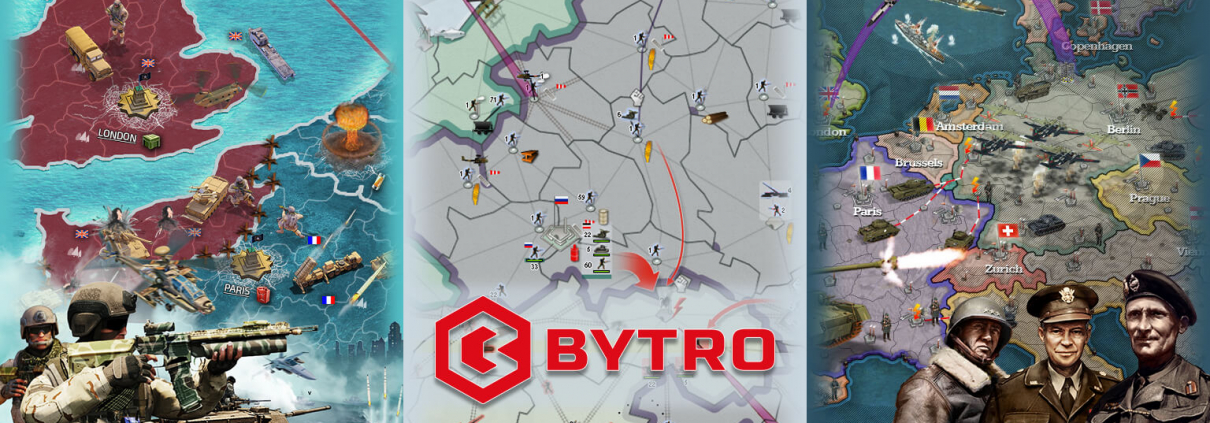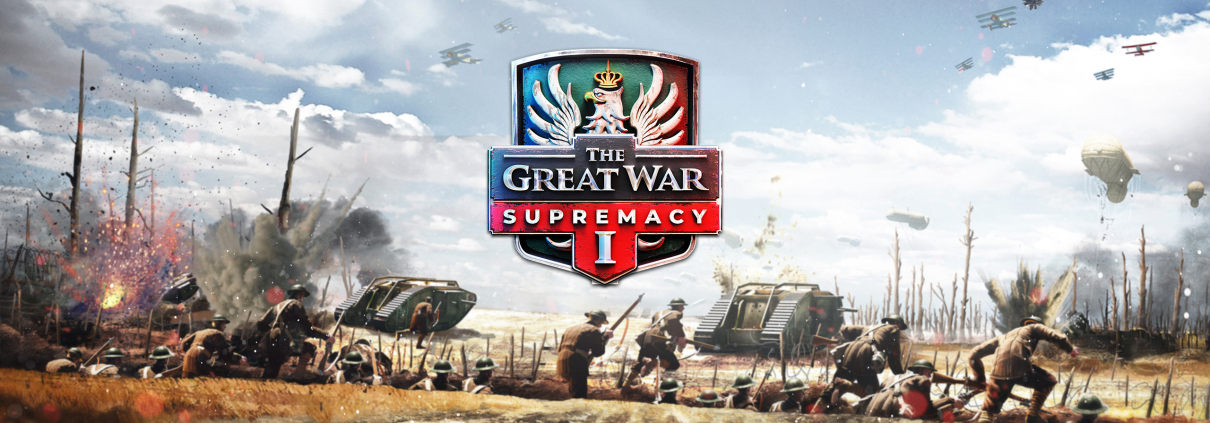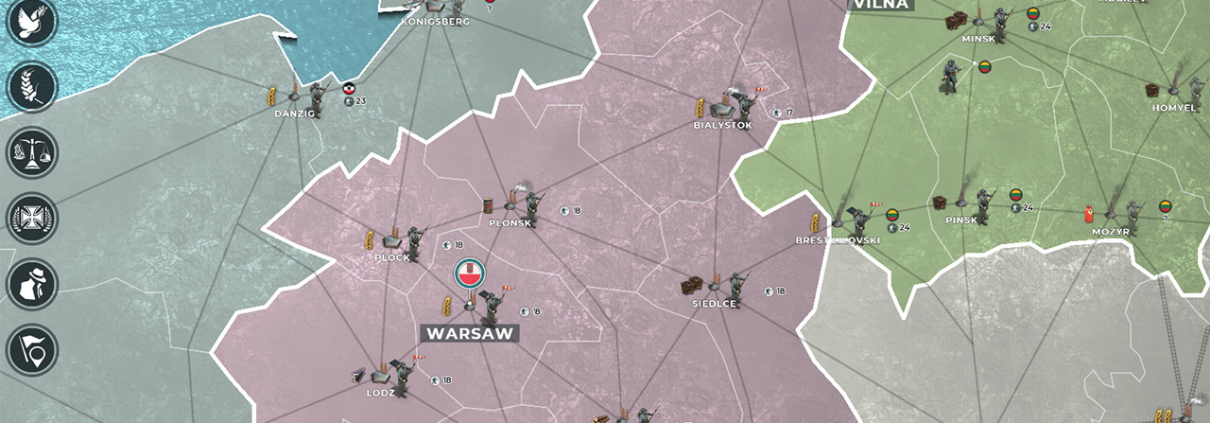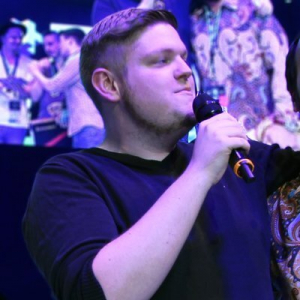The best bet: cross-platform games
How cross-platform games enable players to become more loyal and allow businesses to thrive.
The conversation around cross-platform gaming is loud, today more than ever. Some players prefer one console to another, some like PC s better, and others love their mobile devices. There has been this rivalry between platforms for years now.
This past year in particular we’ve been watching how, slowly but surely, things are starting to change and although there is still some resistance from some elements in the industry, the evidence is right there . We are watching every day how cross-platform games enable players to become more loyal to games and they are allowing businesses to grow in ways we’ve never seen before.
From the player’s perspective, having the opportunity to play with friends no matter the device they own, just makes things easier and takes the experience of playing to a whole new level. This accessibility is key in allowing the gaming community to connect with one another and encourages players to become loyal to their favorite games.
So, why aren’t all games cross-platform if its advantages are so obvious?
For starters, the gaming console market is still worth more than PC games by a few billion dollars. As a matter of fact, with PlayStation releasing PS5 and Nintendo, allegedly, working on an upgraded Switch to release next year, the PC game market is expected to drop (to see the stats click here ).
Not to mention the technical challenge that it represents to build one of these games: for it to run smoothly on different platforms, different technologies are needed. And when it comes to how the game runs, consoles deliver amazing game performance and visuals and are generally cheaper than gaming PCs .
Creating a game with this flexibility does not guarantee success , it’s a lot of work, and naturally, very expensive. As a game creator, you really need to consider if it makes sense for your audience and your game’s business model. And if you do your research and it makes sense for your business goals, it is totally worth it.
Removing the restrictions so players can easily connect, allows a network effect to happen. One person likes a game, he or she invites a friend, the friend invites more friends and so it goes. The kind of organic growth that cross-platform games allow is massive, and it doesn’t compare with platform exclusive games.
When given the option, a player can switch freely between platforms according to his preference and resources, which leads to an increased time spent in-game and, naturally, an increase in the CLV (Customer Lifetime Value). According to an Epic games article, published by Gamesindustry.biz, users who cross-played Fortnite generated 365% higher revenue than non-cross-players ( See the full article here ).
Fortnite, Minecraft, Rocket League, Call of Duty, are great examples of this. All these games are universally beloved because they allow people to connect with each other and to play no matter the device they have access to. Not to mention the economic success this represents! We have seen it all these years with our games Call of War and Supremacy 1914 . The level of success on these wouldn’t be possible without them being cross-platform.
Cross-platform games are shaping the future of the gaming industry and to ignore it, as a business, would be like tying the rope around your neck.
The best move to do right now, for a game, is to think about ways to be more approachable for the players and how to make it easier for them to connect with each other and to the game itself. Being cross-platform is one way to start.
If you are interested in continuing the conversation or in publishing our games, feel free to contact us at bizdev@bytro.com .




